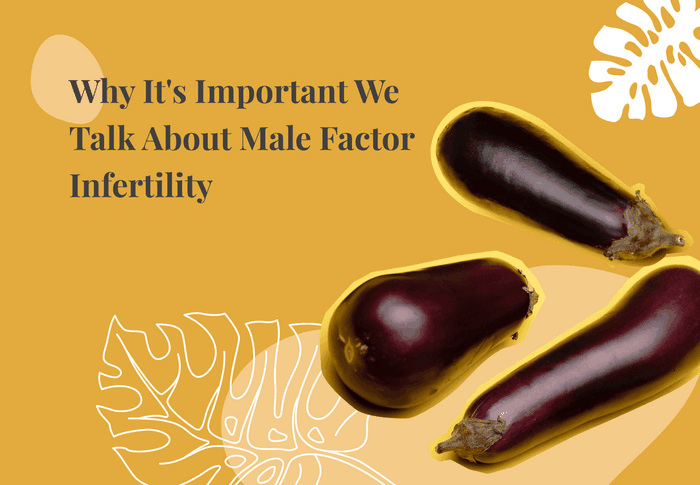Infertility is a complex medical issue that affects not only women but also many men. According to statistics, globally, about 10%-15% of couples face infertility problems, with male factors accounting for approximately 30%-50% of cases. Among these men, some are born infertile, meaning they have had reproductive issues since birth. This article will delve into the proportion, causes, and impact on individuals and society of men who are naturally infertile.
Proportion of Naturally Infertile Men
The proportion of naturally infertile men varies depending on factors such as region, ethnicity, and lifestyle. According to various studies and statistical data, the proportion of naturally infertile men worldwide is estimated to be around 1%-2%. However, this figure may be underestimated because many naturally infertile men may not have been diagnosed, or they may choose not to seek medical help. Furthermore, with advancements in medical technology and increased awareness of reproductive issues, more naturally infertile men are being diagnosed.
Causes of Natural Infertility
The causes of natural infertility in men are diverse and include genetic factors, hormonal factors, anatomical abnormalities, and other unknown factors. Among these, genetic factors are one of the main causes of male natural infertility. For example, chromosomal abnormalities, genetic mutations, and hereditary diseases can all lead to male infertility. Additionally, hormonal factors may also affect male fertility, such as testosterone deficiency and thyroid dysfunction. Anatomical abnormalities, such as blocked ejaculatory ducts and underdeveloped testes, may also lead to male infertility. Other unknown factors, such as environmental pollution and lifestyle, may also affect male fertility.
Impact on Individuals and Society
Naturally infertile men face many challenges, including psychological stress, strained family relationships, and social discrimination. They may feel lonely, depressed, and helpless, and may even develop psychological disorders. Additionally, they may experience tension in family relationships because reproductive issues can add pressure to marital relationships. Social discrimination can also have a negative impact on them, such as being seen as “incomplete” individuals or being deprived of certain rights. These challenges can have a negative impact on their quality of life and happiness.
Strategies and Support
Providing appropriate support and assistance to naturally infertile men is crucial. Firstly, medical institutions can offer professional diagnostic and treatment services to help them understand their condition and find suitable treatment methods. Additionally, psychological counseling and therapy can help them cope with psychological stress and emotional issues, improving their mental health. Social support is also essential, including support from family, friends, and the community, as well as protection from policies and laws. With this support, they can better cope with challenges and improve their quality of life and happiness.
Conclusion
In conclusion, naturally infertile men are a group that cannot be ignored. They face many challenges and need appropriate support and assistance. By increasing public awareness of this issue, strengthening the diagnostic and treatment capabilities of medical institutions, and providing psychological counseling and social support, we can better help them cope with challenges and improve their quality of life and happiness. At the same time, further research into this issue is needed to understand the underlying causes and mechanisms of impact, in order to provide more effective methods for prevention and treatment.

























